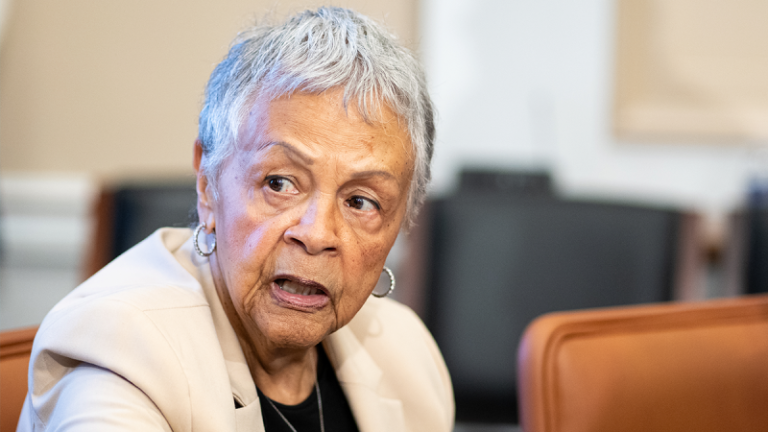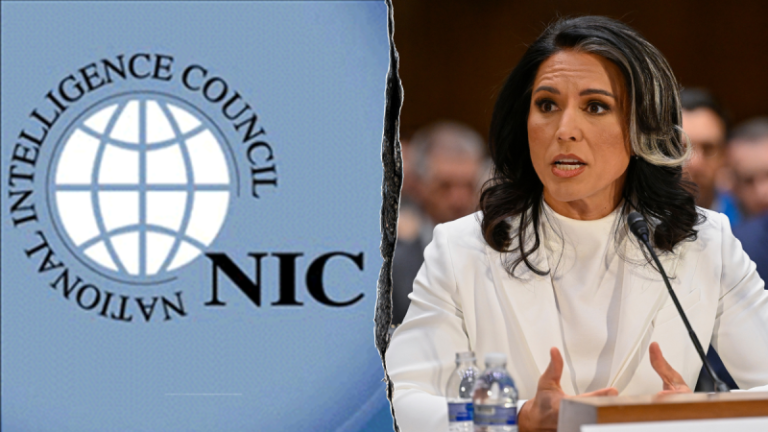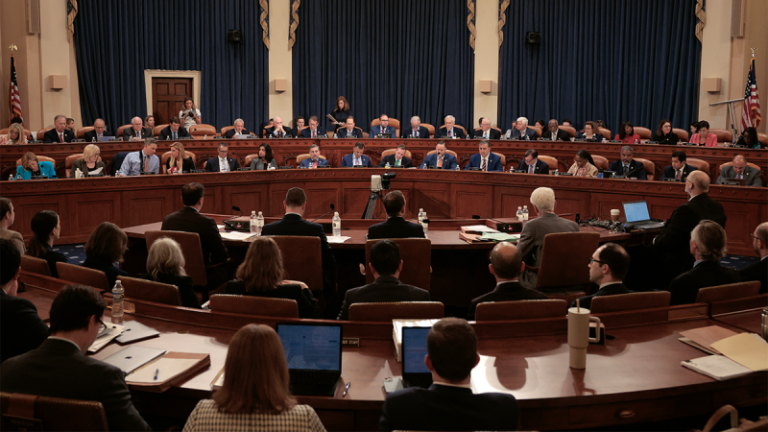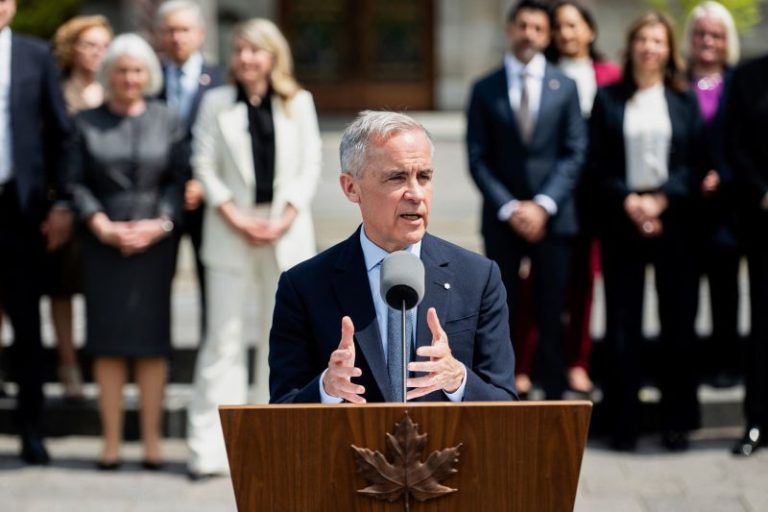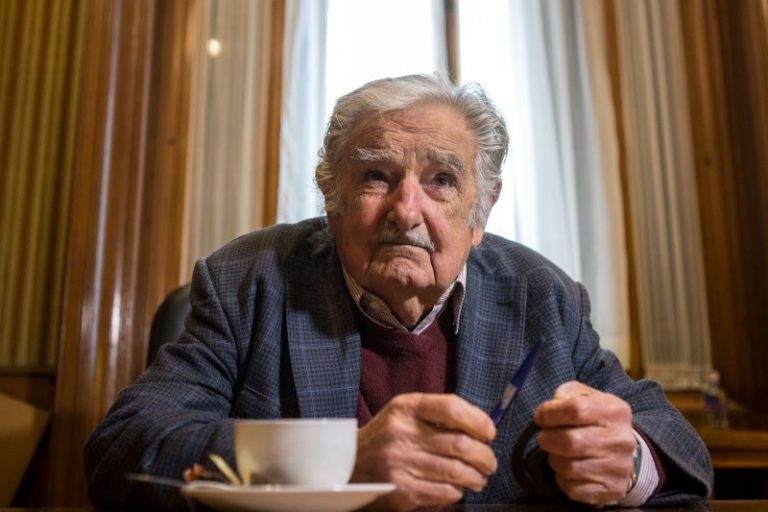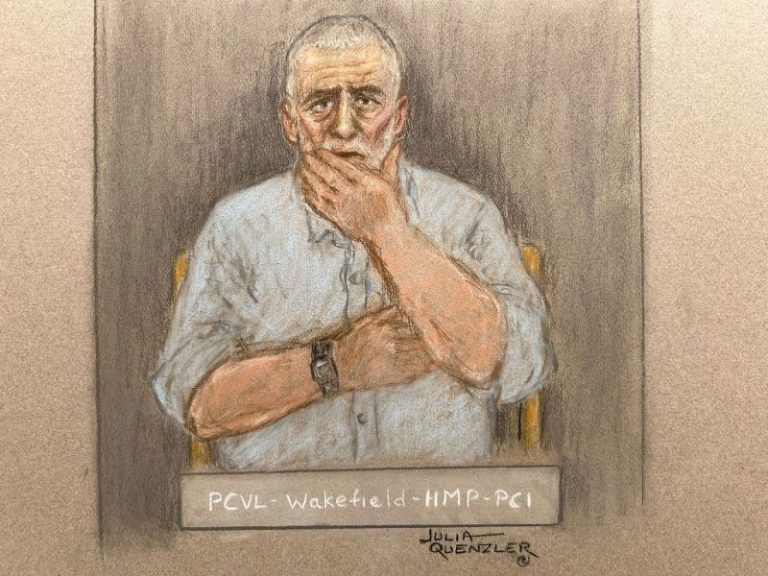Rep. Bonnie Watson Coleman got into a heated exchange with Health and Human Services (HHS) Secretary Robert F. Kennedy Jr. on Wednesday, which culminated in the New Jersey Democrat declaring Kennedy’s ‘legitimacy’ as a health official has ‘expired.’
‘The impact of reorganization is something that I shall continually ask you to show me,’ Watson Coleman said as she grilled Kennedy about overhauls at the agency that have affected programs related to minority and low-income health. ‘So please let me warn you now. And I don’t want rhetoric, I want numbers.’
‘I welcome those inquiries,’ Kennedy responded.
‘The other thing that really troubles me, sir, is LIHEAP [Low Income Home Energy Assistance Program],’ she continued. ‘It is a program specifically to address the needs of low-income and minority families as it relates to heating and even air conditioning. Why, why, why, why and what is your rationale for eliminating that program specifically? Why, why, why?’
Kennedy attempted to respond, saying: ‘I’m very committed to LIHEAP. My brother ran a ….’
‘I don’t care about your past,’ Watson Coleman said. ‘I care about your functioning in this department and this administration, right now, in response to this question.’
‘My time has expired,’ Kennedy responded.
‘Well, then so has your legitimacy,’ Watson Coleman shot back. ‘I yield back.’
Watson Coleman was grilling Kennedy in the House Appropriations subcommittee Wednesday morning regarding staff cuts to the Low Income Home Energy Assistance Program (LIHEAP), which assists low-income families to power their homes.
Kennedy responded to her question after their five-minute exchange expired, explaining that the Trump administration’s energy policies will lower costs across the board, including for low-income families.
‘I’m very conscious of the importance of LIHEAP to poor people all across this country,’ Kennedy said. ‘My brother ran a low-cost, nonprofit fuel company for most of his life that provides low-cost fuel in New England. I’ve had many, many people come up to me and said, ‘My life was saved because that.’ I talked about Buu Van Nygren, who’s the president of the Navajo Nation, when I visited about three months ago, and he said cuts to LIHEAP will end up killing people. So I understand the importance of this.’
The Office of Management and Budget’s rationale ‘was that President Trump’s energy policy is going to reduce dramatically the costs of energy in this country,’ he said. ‘And if that happens, then LIHEAP is just another subsidy to the oil industry. If it doesn’t happen, then Congress is welcome, and they should, appropriate the money for LIHEAP and I will spend it.’
Earlier in the pair’s five-minute exchange, the New Jersey lawmaker accused the Trump administration of carrying out ‘racist attacks.’
‘Few things enrage me more than the racist attacks I see this administration carrying out by embarking on an ignorant crusade to rid the government of any programs that are working to improve the lives of Black Americans,’ she said, as she railed against the administration overhauling federal policies focused on diversity, equity and inclusion and critical race theory initiatives. ‘The administration has moved to ban the words Black, race, bias, minority, oppression, prejudice, discrimination, disparity and racism.’
‘Any grant application on federal programs that include these words had them immediately stripped,’ she claimed, adding that such policies worsens the health care system for Black Americans. ‘It is painfully clear to me that this, in doing this, this administration that you work with and work for is attempting to legitimize racial discrimination. And that, sir, is a moral disgrace.’
Kennedy shot back that President Donald Trump shares the same vision for the nation as Martin Luther King Jr.
‘Congressman, President Trump’s vision of this country is the same as Martin Luther King’s, that we should have a colorblind administration,’ he said. ‘President Trump is deeply concerned about the maternal health crisis and the fact that Black mothers, are more likely to die in childbirth 2.6 times, 260% likely to die.’
Watson Coleman responded, ‘I don’t need this rhetoric about Donald Trump and the lie that he cares about me and Black people.’
Kennedy will head to the Senate side of Congress later Wednesday afternoon, when he will testify before the Senate Health, Education, Labor and Pensions Committee regarding HHS’ budget and recent staff cuts.

